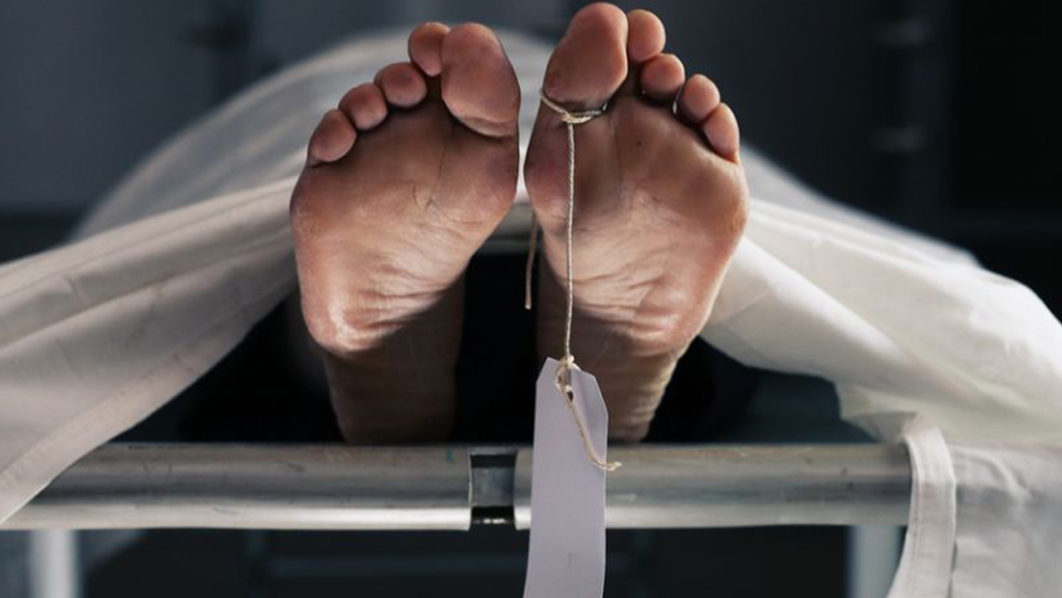
It noted that the existing regulations, standards, guidelines, laws and policies in Nigeria are not as detailed and prescriptive enough to promote effective, accessible and available occupational health and safety services.
This was stated during the 40th Anniversary and Scientific Conference organised by the SOEHPON, which had various stakeholders and government departments deliberate and proffer solutions to work-related deaths due to poor standard of occupational health and safety practice in the county.
The theme of the conference, which was held in Lagos was: “Occupational Health best practice in Nigeria.”
Speaking at the conference, the national President, SOEHPON, Dr Okon Akiba, said the absence of competent bodies to take responsibility for Occupational Health and Safety regulatory functions and ensure availability of requisite operational standards and guidelines at national, regional and enterprise levels have seriously affected the delivery of effective services and best practices in Nigeria.
Akiba noted that workers are the most important asset and human capital in the workplace that every nation must value, adding that Nigerian government has ignored the importance of workers, thereby making the standard of Occupational health practice and awareness very low, invisible; discouraging the will and desire of the workers to work.
In his address, the Keynote Speaker, President of International Commission on Occupational Health (ICOH) Dr. Jukka Takala stated that the global yearly death of health-related deaths has gone up to 2.78 million from the past 2.3 million recorded in 2014.
This, he said is due to growing labour force, better data and higher life expectancy leading to non-communicable work-related diseases, adding that Nigeria had 10, 023 fatal occupational accidents and an estimated 32, 858 fatal work-related diseases, of which the agriculture sector is the main cause.
“Occupational injuries kill 380, 000 people and the number of non-fatal injuries was 374 million globally. Nigeria had an estimated 9.9 million non-fatal accidents,” he said.
According to Takala, the economic cost of poor health, – Nigerian loses a potential of 5.2 billion USD or 4.38 per cent of the Gross Domestic Product (GDP).
“Most human suffering deaths and costs come from long latency work-related cancer, musculoskeletal disorders, cardiovascular diseases in addition to occupational injuries,” he noted.
Meanwhile, according to statistics, the International Labour Organization (ILO) and the World Health Organization (WHO) estimated that globally, about 1.2 million work-related deaths and 250 million accidents and 160 million work-related diseases occur yearly. These deaths and injuries are more in developing countries of which Nigeria contributes a great proportion.
The Minister of Health, Prof. Isaac Adewole who stated the statistics at the conference decried the level of attention givien to workers and their health.
Adewole, who was represented by the Chief Medical Director, Federal Medical Centre, Ebute-Metta, Lagos, Dr Adejuwon Dada said across Nigeria, thousands of workers in both formal and informal sectors receive severe injuries at work daily, adding that sometimes the injury might be minor or fatal with permanent consequences to the worker and their families.
“Let me add that in Nigeria, workers form above 49% of the population, but of this population, only five-10% of them have access to Occupational Health services in spite of an evident need for it at the workplace. Almost all workers in the informal sector of our economy do not have access to any form of occupational health and safety services.
“There is therefore the need for the improvement of work environment by making it conducive to health and safety. There is also the need to develop work organisations and work cultures to support health and safety at work. This process will promote a positive social climate and enhance productivity in the workforce,” he said.
Adewole assured that the Federal Ministry will continue to partner with SOEHPON and other stakeholders in occupational health so as to establish a data bank on occupational injuries and death
Also the Minister of Labour and Employment, Dr Chris Nwabueze Ngige lamented the needless occurrences of work-related injuries, diseases, ill-health and deaths, describing it as ‘totally unwarranted”, saying they are wholly preventable through application of appropriate risk control measures.
He said the uncontrollable exposure of workers to hazardous work is totally unacceptable and calls for concerted efforts and collaboration among all the relevant stakeholders, noting that the government, on its part, through the ministry, would stop at nothing to ensure that the safety and health of workers are not endangered or abused.
[ad unit=2]






